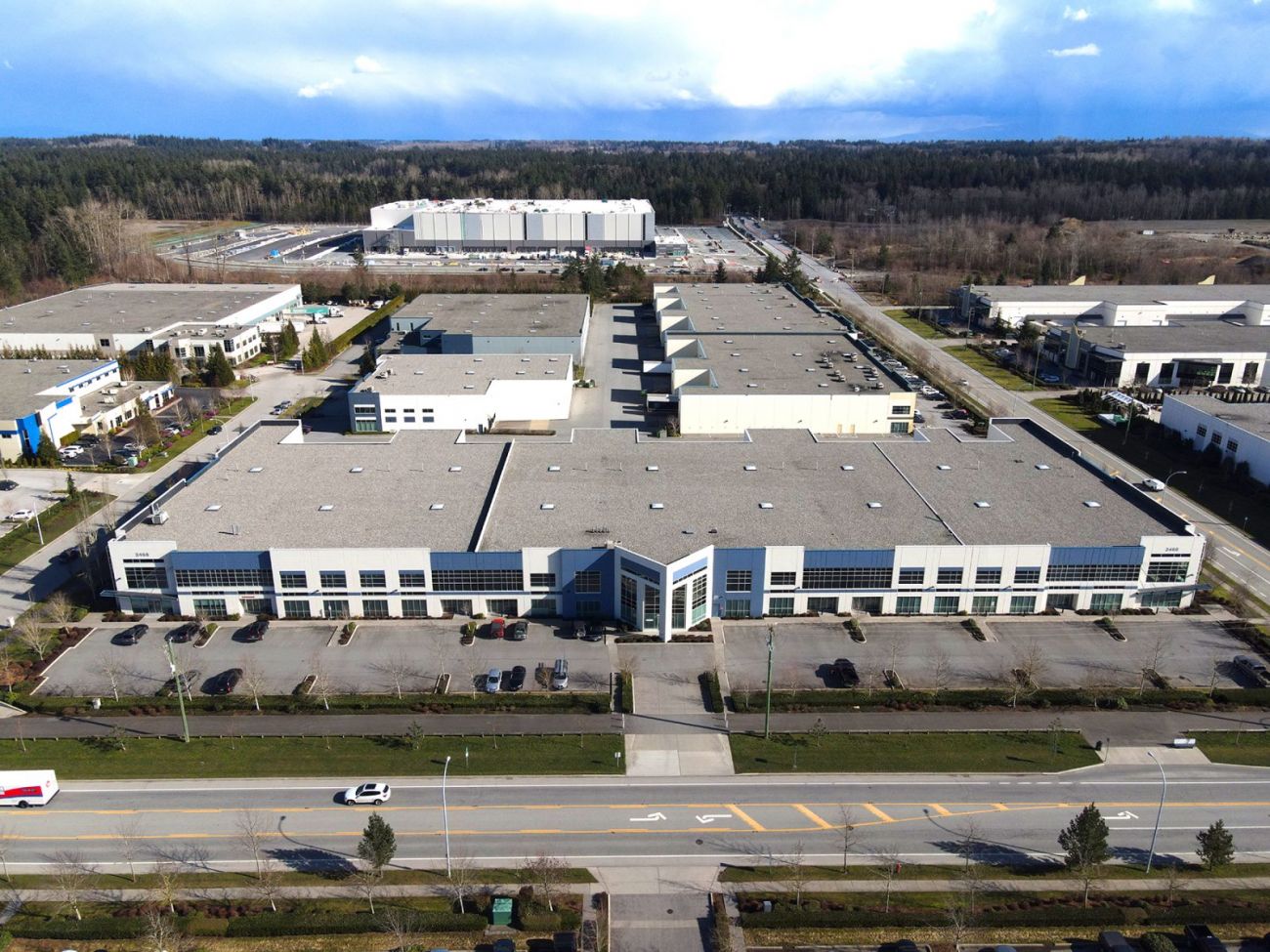2025
The Community Impact of the Warehousing Industry in Vancouver

Warehousing and logistics are often viewed through the lens of supply chains and business efficiency, but their influence extends far beyond moving goods. With the city’s mix of dense residential neighborhoods, industrial hubs, and port access, the role of warehousing is both complex and far-reaching. In this article, we will highlight how warehousing directly affects jobs, urban planning, and community well-being.
Strengthening Employment and Economic Stability
Warehousing is a key contributor to Vancouver’s labor market. Facilities across the Lower Mainland provide a wide range of employment opportunities, from entry-level positions to skilled technical roles. These jobs offer steady income and often include training that builds long-term career pathways.
The sector also supports indirect economic growth. Local businesses benefit from the spending power of warehouse employees, while suppliers, maintenance crews, and transport services gain consistent demand. Over time, this circulation of wages and activity stabilizes the economy in surrounding communities.
The community feels the benefits in several ways:
- A steady supply of jobs across multiple skill levels
- Training and upskilling opportunities in logistics and technology
- Indirect support for local businesses through worker spending
- Contributions to the city’s tax base and public services
Shaping Vancouver’s Infrastructure and Land Use
The placement and operation of warehouses influence how Vancouver’s neighborhoods develop. As demand for storage and fulfillment rises with the growth of e-commerce, facilities are increasingly positioned closer to consumer centers. This creates pressure on traffic systems, zoning, and industrial land values.
Traffic impact is one of the most visible effects. Trucks, vans, and smaller vehicles increase the number of trips on local roads, especially near industrial zones and port corridors. To address this, the city designates truck routes, creates loading areas, and reviews new warehouse proposals with transportation effects in mind.
Warehousing also affects how land is valued and used. Industrial sites near residential areas face rising costs as space becomes more competitive. This influences zoning decisions and can shift the balance of certain neighborhoods.
Examples of these impacts include:
- Increased truck traffic requiring designated routes
- Pressure on curb space in dense neighborhoods
- Rising industrial land values affecting smaller businesses
- Coordinated planning between city and industry for growth
Connecting to Community Well-Being
Beyond economics and infrastructure, warehousing has a social dimension in Vancouver. The way facilities operate affects nearby residents and contributes to the character of industrial neighborhoods.
Warehouses that adopt sustainable practices, such as using electric trucks and energy-efficient buildings, reduce negative environmental impacts like air pollution and noise. This directly benefits communities living near industrial zones. Some operators also engage with local groups through training programs or partnerships that create stronger ties between business and community.
Well-managed warehouses can even play a role in revitalizing underused industrial areas. Older districts that were once stagnant gain new life when jobs, lighting, and security return. At the same time, residents expect operators to limit disturbances and keep communication open when changes may affect their neighborhood.
Looking Ahead At What Comes Next
Warehousing in Vancouver is more than an invisible step in the supply chain. It creates jobs, shapes how the city grows, and affects the quality of life for residents.
From traffic and zoning to environmental practices and local partnerships, the impact of this industry reaches well beyond the warehouse walls. As Vancouver continues to expand and adapt to global trade, finding a balance between logistics needs and community well-being will remain an essential priority.
Based in Vancouver, British Columbia, Canada, 18 Wheels relies on experience and integrity to make customers happy and remain on the cutting edge of shipping and logistics management.
If you have any questions about this article or you would like to talk to us about your shipping needs, please call us at (604) 439-8938.
